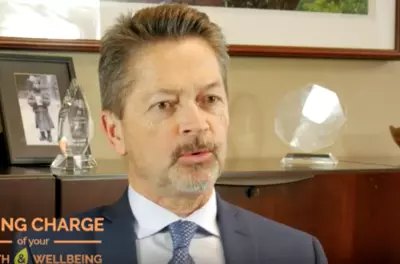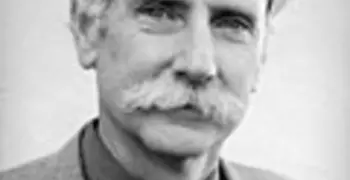Making Gratitude A Part of Everyday Life: Tips from Dr. Robert Emmons

 How do you feel when a loved one gives you a gift? How about when someone ahead of you in line pays for your coffee? Hopefully you experience gratitude--a warm appreciation for what the other person did.
How do you feel when a loved one gives you a gift? How about when someone ahead of you in line pays for your coffee? Hopefully you experience gratitude--a warm appreciation for what the other person did.
We say hopefully, because gratitude not only makes you feel good --it can have dramatic and lasting effects on your wellbeing. Research indicates that gratitude can lower blood pressure, improve immune function, reduce cardiac inflammation, increase happiness, improve relationships, and decrease depression.
However, sometimes people feel more indebted than grateful and worry about repaying the gift. They may dislike feeling dependent on someone else or worry that they are not seen as self-reliant. And because of this, they miss out on the joy of receiving a gift and the positive emotions and connection that arise from truly thanking someone.
What you can do
Dr. Robert Emmons, professor of psychology at the University of California, Davis, researcher, and author of the book Thanks! How the New Science of Gratitude Can Make You Happier, suggests that you integrate gratitude into your daily life, rather than make it something you need to add to an already busy day. He recommends that you simply make it a point to notice opportunities that you can be thankful for. For example, he is aware that giving a talk offers him an opportunity to teach more people about his research, for which he is grateful.
So why not put gratitude into practice regularly? You don't need to follow a series of specific steps or create goals that might seem overwhelming, just set the intention to notice and be open to gifts in daily life. And doing so can bring many benefits, as Dr. Emmons outlines in the videos below.
Dr. Robert Emmons explains the what, why, and how of gratitude
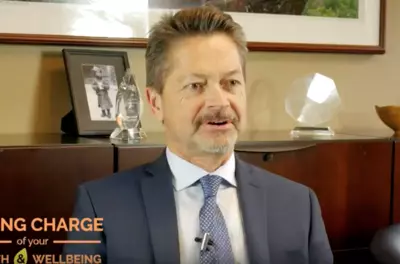
What gratitude is and why we should practice it
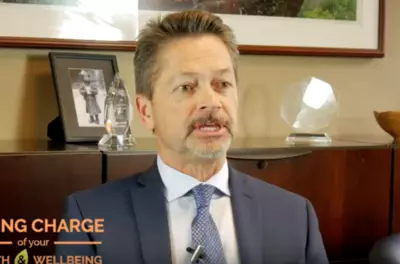
How we can practice gratitude
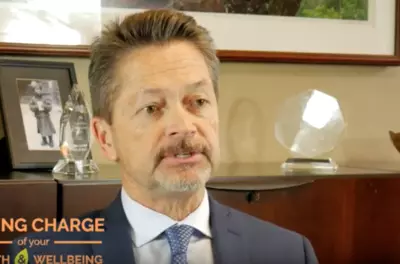
Things that get in the way of practicing gratitude

The role of gratitude in our communities
